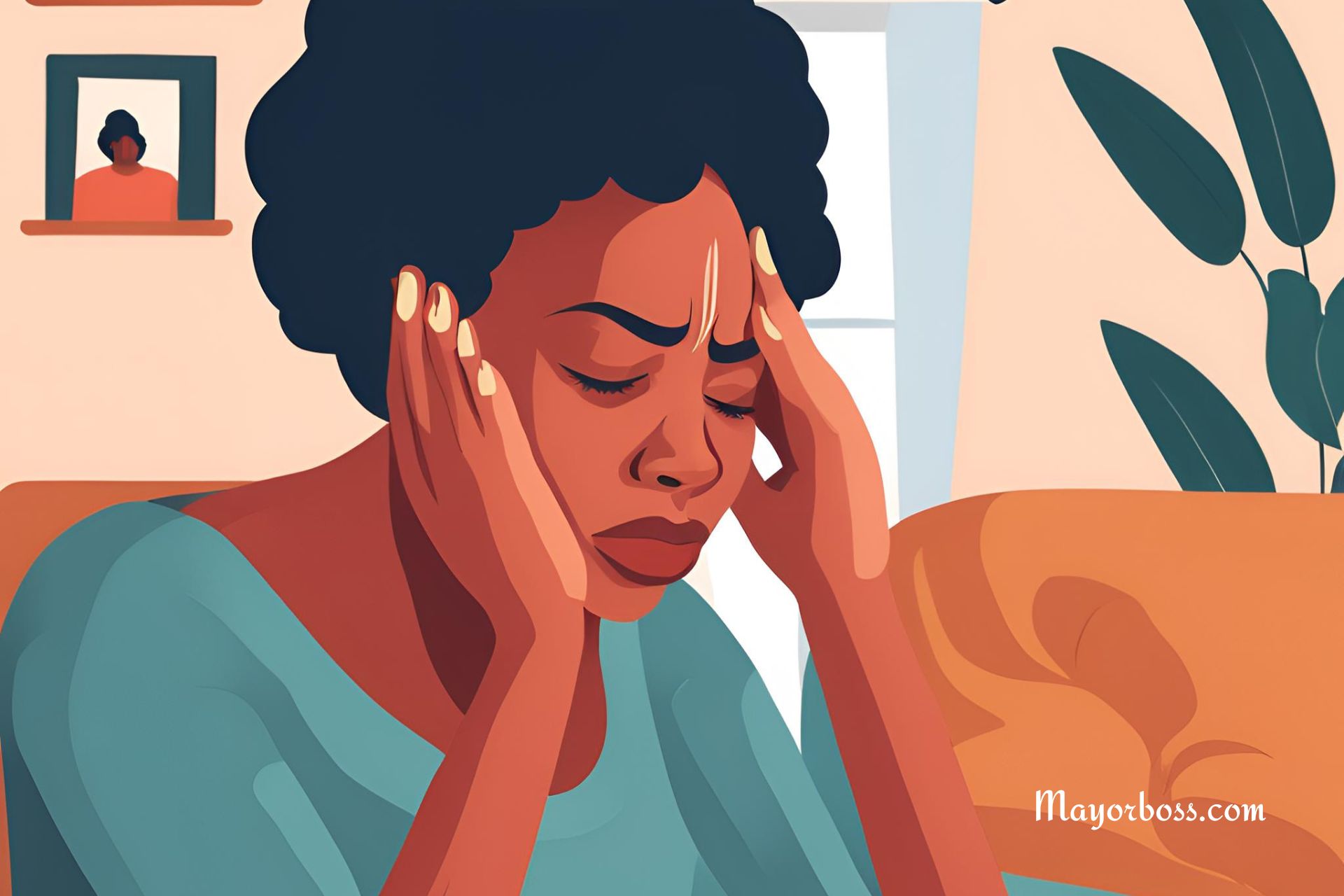Why Highly Sensitive People Get Tired Easily
Have you ever noticed that some people get tired faster than others, especially after social gatherings or intense situations? If this sounds familiar, you might be a highly sensitive person. Being highly sensitive isn’t just about emotions or personality; it’s actually a condition that has both strengths and challenges, like getting tired easily. Let’s look at why highly sensitive people (HSPs) often feel so worn out.

Highly Sensitive People Experience the World More Intensely
Highly sensitive people have their senses turned up high. They feel emotions deeply, notice details that others might miss, and have stronger reactions to noise, light, and other things around them. This means their brains are always working harder, processing way more information than most people. All this extra processing can make them tired. Imagine if you were always listening to all the sounds around you at once—it would get exhausting. That’s what it’s like for HSPs, which explains why they get tired so easily.
Social Situations Are More Draining for Highly Sensitive People
Most people feel a little tired after a social event, but for HSPs, the tiredness is much stronger. Social interactions mean they have to do more than just talk; they have to pay attention to body language, changes in tone, and even unspoken emotions. They’re not just hearing words; they’re feeling everything in the room. This level of focus takes a lot of energy, which leads to faster burnout. So, while a dinner party might be fun for most people, it can leave an HSP feeling exhausted for days afterward.
Emotional Reactions Are Stronger and Use Up Energy
Emotionally intense experiences—whether happy or sad—can leave HSPs feeling very drained. Whether they’re watching a touching movie, helping a friend through a tough time, or celebrating something wonderful, HSPs feel it all very deeply. This deep connection means their nervous systems are always working, and that’s tiring. Even happy moments can make an HSP tired because they feel everything so intensely. Over time, all of this adds up and leads to a lot of fatigue.
Highly Sensitive People Get Overstimulated Easily
The world today is full of things that grab our attention. From bright phone screens to busy streets, there are lots of sights and sounds competing for us to notice. For an HSP, all of this can quickly become too much. Their nervous systems are more tuned in to these things, which can lead to overstimulation. The result? They get tired a lot faster than people who aren’t as sensitive to all the noise and activity around them.
Overthinking Uses Up a Lot of Mental Energy
Many highly sensitive people overthink situations because they want to make the right decision or understand things fully. This can be a good thing, as it makes HSPs great problem solvers and caring friends, but it also takes a lot of energy. Overthinking can lead to mental fatigue. Even small decisions can feel like a big deal because an HSP may consider all possible outcomes. This type of mental work leaves them with less energy for other activities.
Self-Care and Boundaries Help Highly Sensitive People Avoid Fatigue
To manage fatigue, HSPs need to practice self-care and set boundaries. Taking time to rest after big events or saying “no” to certain activities can be very helpful. Self-care for an HSP could include quiet time in nature, reading, meditating, or just taking a nap—anything that helps them relax and recharge. Setting boundaries is also important; knowing when to step away from draining situations helps keep energy levels up.
Sleep Quality Is Often Affected by Overstimulation
Sleep should help recharge us, but for highly sensitive people, sleep is often not as refreshing as it should be. Because of their heightened senses, HSPs can be disturbed by small changes in their sleep environment—like a ticking clock, a flashing light, or a change in room temperature. Their minds might also keep racing with thoughts from the day, making it hard to get deep, restful sleep. Poor sleep quality only adds to their daytime fatigue, creating a tough cycle of tiredness.
Tips for Reducing Fatigue in Highly Sensitive People
For HSPs, managing fatigue takes planning. Here are some tips that might help reduce exhaustion:
- Take Regular Breaks: Instead of working nonstop, take short breaks to rest your mind and body. These small breaks can stop overstimulation from building up.
- Create a Relaxing Space: Surround yourself with things that make you feel calm. Soft lighting, gentle music, and keeping your space uncluttered can help make things feel less overwhelming.
- Do Gentle Physical Activity: Activities like yoga, tai chi, or taking a walk in the park can help release stress without overloading your body. Exercise also helps improve mood, which can reduce some of the fatigue.
- Practice Mindfulness and Relaxation: Meditation or breathing exercises are very helpful for HSPs. These practices help calm the mind and stop overthinking, making it easier to handle stress.
- Avoid Stressful Places When Possible: Try to stay away from places that are likely to be overstimulating, like big crowds or noisy environments. If you can’t avoid them, plan for some rest afterward to recover.
The Takeaway
Highly sensitive people experience the world in a way that is both amazing and tiring. Their awareness lets them see the beauty and details of life, but it also means they need more time to rest and recharge. If you are highly sensitive, understanding why you get tired can help you manage it better. Setting boundaries, practicing self-care, and finding the right balance between activity and rest are all keys to keeping your energy up. By doing this, you can enjoy the positives of being sensitive while also taking care of your health.






